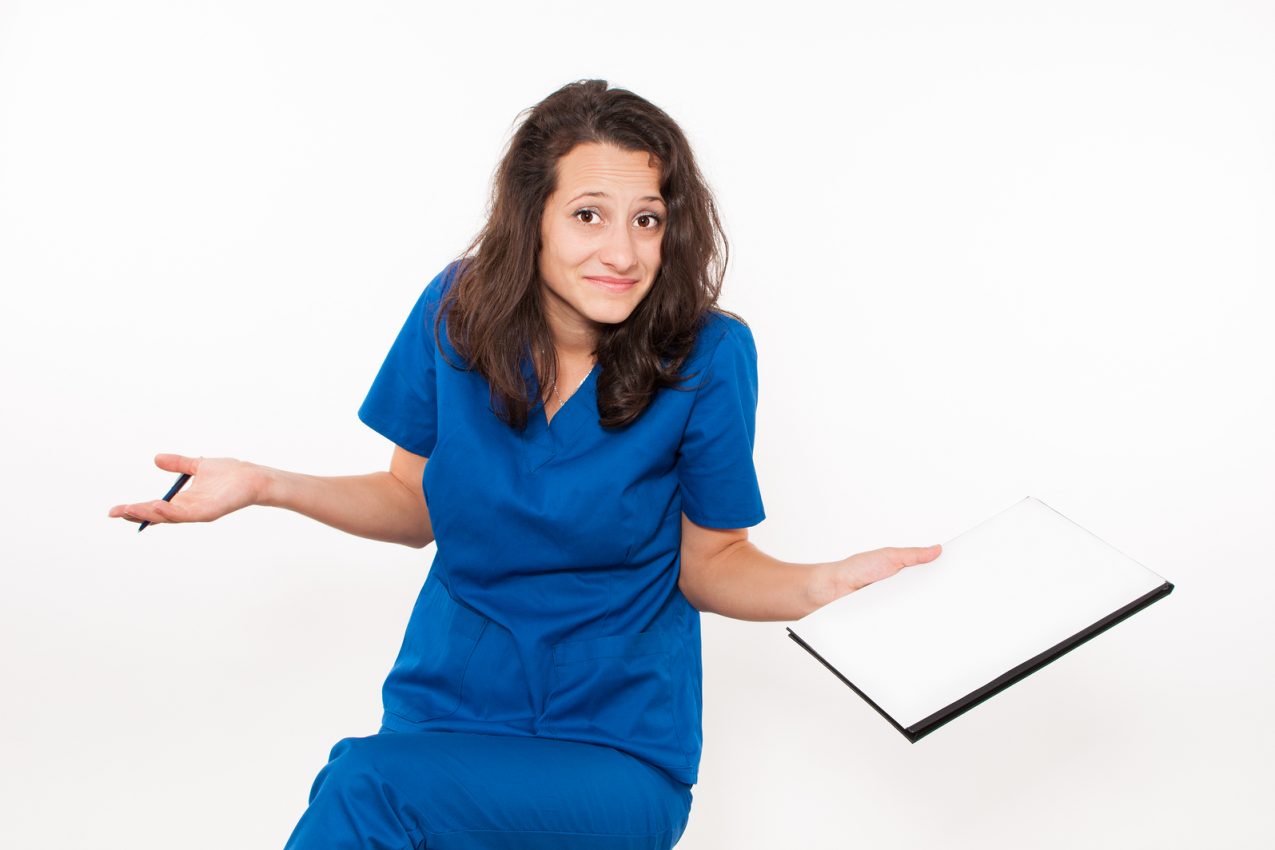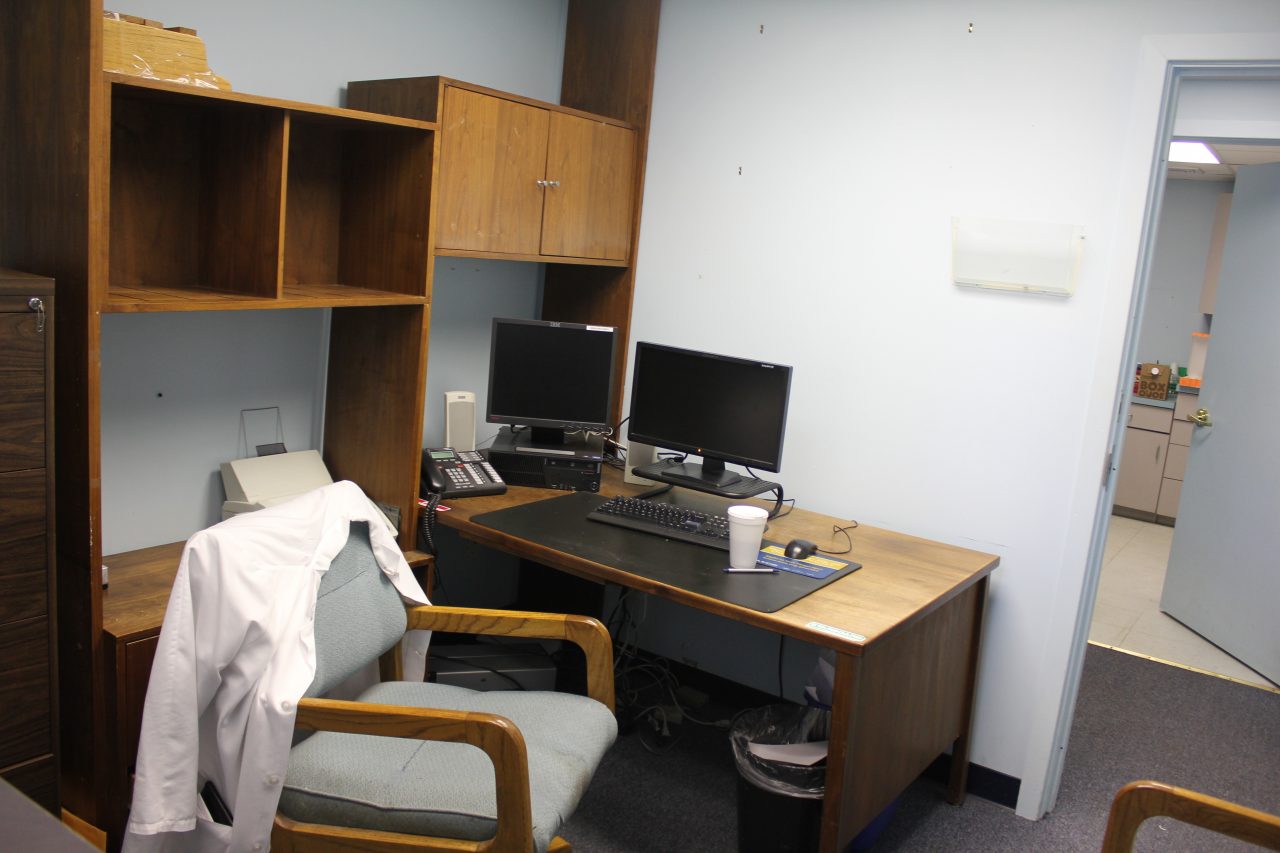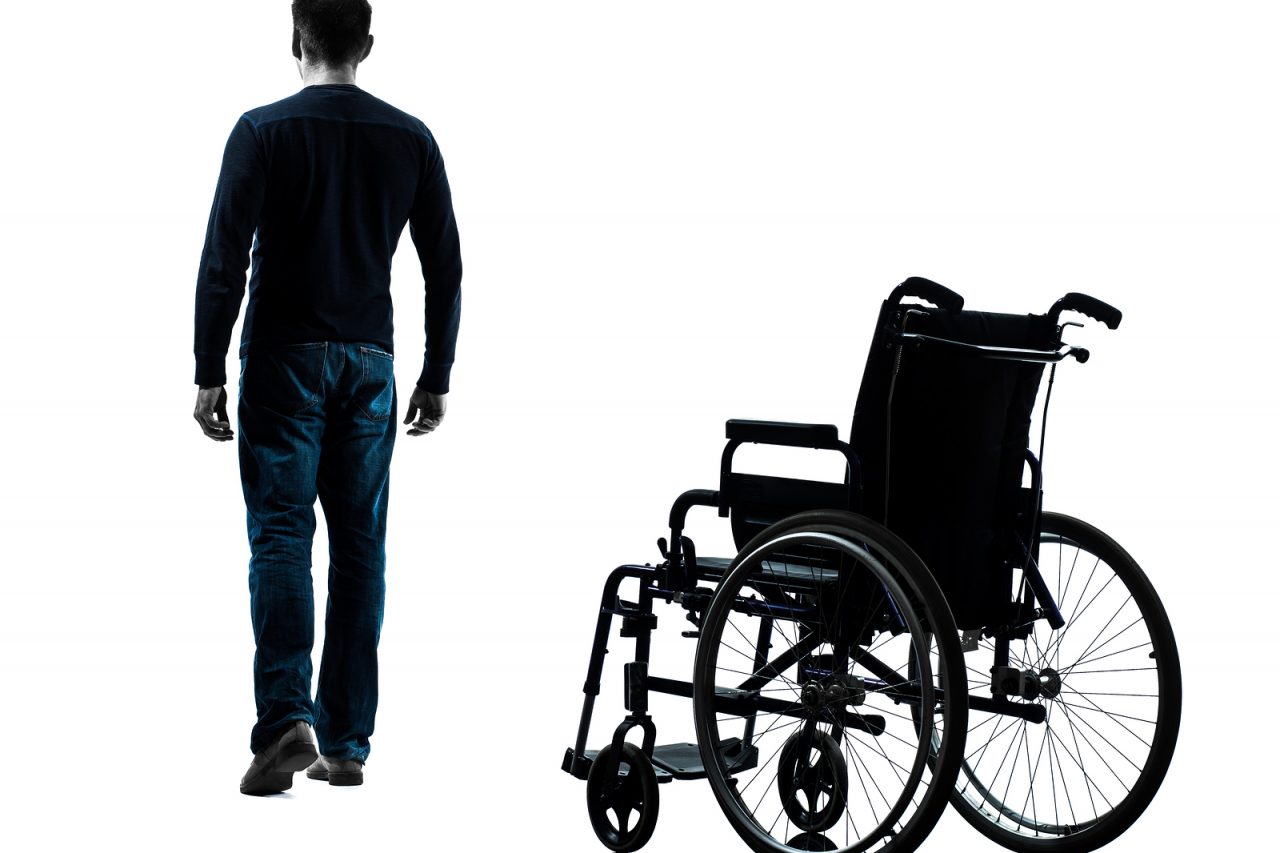Medical students frequently see patients with us in our office. Their presence is welcome, if for no other reason than it makes us think young. A second year student has been coming to our office for over a year and is excited about a future taking care of cancer patients. She just completed the Hematology and Oncology section of lectures at the med school. I asked her how it went. “Frankly, “ she said, in the articulate way of the highly educated, “it sucked.”
I was astonished. How could such an exciting, complex and rapidly evolving field, yield teaching that would cause a motivated student to take such umbrage? Too much information? Too complex a topic? Too much difficulty in the exams? “No,” she said, it lacked “too” of anything. It was not organized, not at the appropriate level, rambling and incomplete. Without reviewing the critical information in texts and online, she would have learned little and the entire class would have failed the subsequent tests.
In a huff, wanting to assure that we not lose a crop of budding oncologists, I swore to find the cause of this didactic discord. Surely, it must be possible to put together a set of clear, complete, cancer and blood lectures, so that the students were not only taught, but inspired. Somehow, we would fix those lagging lectures. But, then it occurred to me, why?
There are 141 medical schools in the United States, 2372 in the world. They teach 20,055 students in North America and hundreds of thousands around the globe. In every school, every state, and country, they all teach about cancer. In every school, cancer is the exact same disease. On every continent, the possible treatments are the same. Therefore, why in the world do students listen to different lectures by different teachers on the exact same subject?
Why use the lecture hall format in medical school? Why not find a few super-experts to write one perfect lecture, and then record that lecture one perfect time, given by a brilliant, inspiring, articulate educator (with translations)? Done, once and perfect for every medical student to hear, at any time, at any pace, as many times as they need or wish.
Of course, this is just the beginning. Watching that “perfect” lecture on a DVD or even a video stream is so 20th Century. Each lecture should be placed into an interactive computer program, interlaced with examples of real biology, physiology and pathology, and the software should track each student’s understanding, re-teaching to weakness and reinforcing key concepts. This would allow students to learn not only the vital basics, but assist exceptional or inspired students to delve deep into esoteric concepts.
There are already thousands of examples of high quality digital learning. Dr. Bryan Vartabedian, MD in his blog 33Charts this week, introduced ReelDx. This is a semi-interactive video teaching tool for pediatrics. It shows actual patients and builds lessons around their experience in the context of their illness. Such instruction encourages retention by showing examples of each disease and allowing the student to collaborate with the program to learn about illness and treatment.
The TED series of online speeches shows what can be achieved when gifted instructors teach difficult topics. The Ulm School in Germany teaches a two years Masters in Oncology, 80% of which is online. Emmi produces interactive online teaching for patients, covering hundreds of different conditions and treatments. Research to Practice keeps practicing oncologists informed with innovative online mini-conferences, which are available in the evening after office hours. The UpToDate medical database is the go-to-source for professional health information. Surgeons learn robotic surgery on robotic simulators, even as airline pilots learn in to fly, solidly on the ground before rising an inch into the sky. You can learn conversational Italian, or 33 other languages, in a couple weeks, an hour a day, using Rosetta Stone. With YouTube, you can find someone to teach you anything.
Computer assisted teaching will transform all of education. It allows immediate adjustment to each student’s needs, as apposed to a lecture format, which if there is more than one student listening, is already ahead or behind at least half the class. E-learning can guarantee that nothing of value is missed. It can detect gaps in knowledge quickly, not needing to wait for a quickly forgotten test, weeks too late. It can be modified easily and universally with advances in knowledge. It is cost efficient, effective and would allow senior physicians to spend their teaching time focused on analysis, real world decisions, the physician-patient relationship and critical manual skills.
Medical teaching must be of the highest possible standard. Therefore, it should lead the charge to digital learning. We cannot afford to waste energy, time and dollars, boring our brightest students with inept education. It is time to can the lecture.







15 Comments